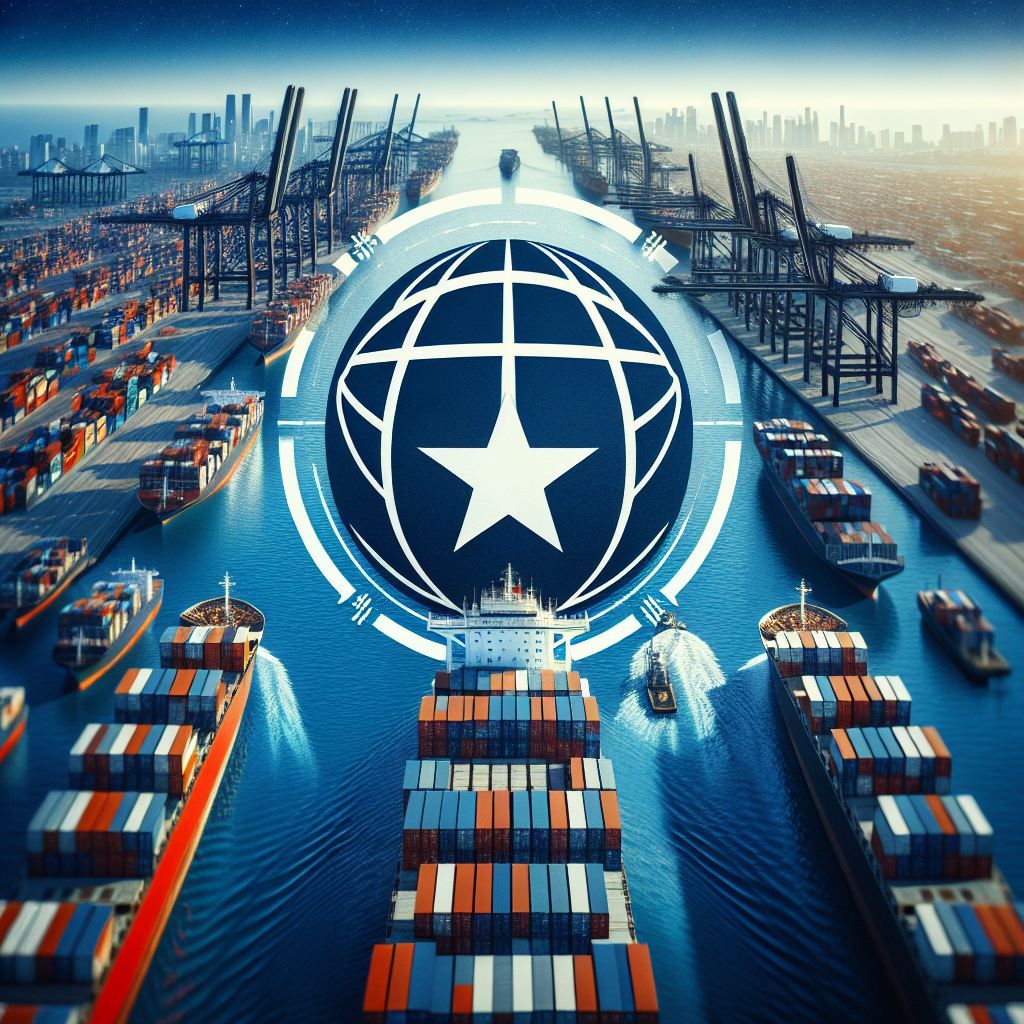Global Shipping Disruptions: Maersk's Struggles Amid Red Sea Crisis
A.P. Moller-Maersk reports global shipping disruptions due to Red Sea conflict. Trade routes across Asia, Europe, and Australia face delays and increased freight rates. The company warns of ongoing challenges and is adjusting its strategies to mitigate impact. Shares dropped 1.5% following the announcement.

A.P. Moller-Maersk has announced that disruptions in its container shipping via the Red Sea have now impacted its entire global network, extending beyond just the trade routes in the far east of Europe.
Shipping companies have started rerouting vessels around Africa's Cape of Good Hope since December to avoid attacks by Iran-aligned Houthi militants in the Red Sea, increasing freight rates due to longer voyage times. Maersk cautioned on July 1 that the coming months would present more challenges as these disruptions continue.
"These disruptions are causing congestion at alternative routes and transshipment hubs critical for trading with Far East Asia, West Central Asia, and Europe," Maersk stated. Ports across Asia, including Singapore, Australia, and Shanghai, are experiencing delays as schedules are disrupted.
Maersk also noted significant congestion in Southeast Asian hubs, leading to delays at Australian ports. "The congestion and disruption have extended beyond the hubs and into Northeast Asia and Greater China ports," it added. Despite robust global ocean cargo demand, the company is working to minimize disruptions by securing additional containers and adjusting supply strategies.
Shares in Maersk dropped 1.5% following the announcement, during which the company was not available for immediate comment.
(With inputs from agencies.)










